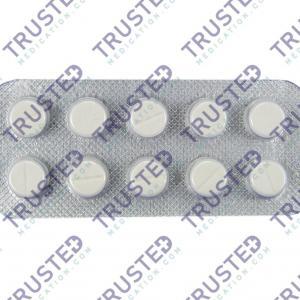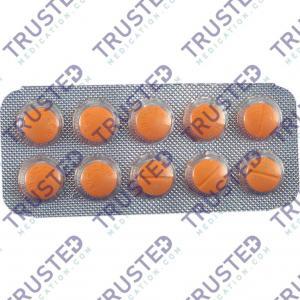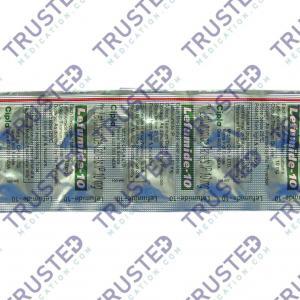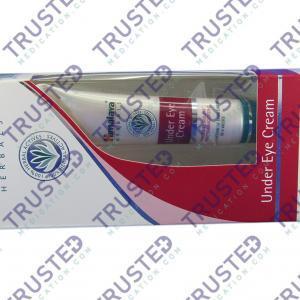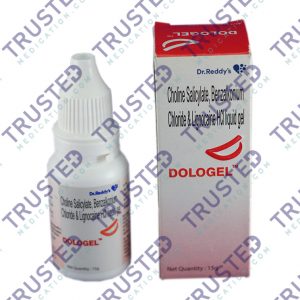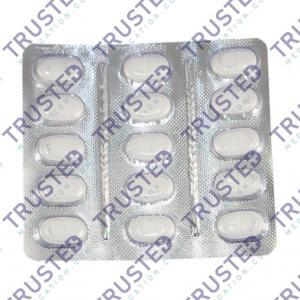
Systemic Lupus Erythematosus (SLE) is a chronic autoimmune disease. It is the most common form of lupus. resulting in extensive inflammation and tissue damage in the affected organs. It can affect the blood vessels, joints, skin, brain, lungs, and kidneys. There is no known cure for lupus, but lifestyle modifications and medical interventions can help manage this condition.
What causes Systemic Lupus Erythematosus?
The cause of SLE is not well understood. It may be associated with the following factors:
· Genetic
· Hormonal
· Environmental
· Certain medications
SLE may happen at any age. However, it is more common in young women aged 15 to 44. In the United States, the disease is more prevalent among Asian Americans, African Americans, African Caribbeans, and Hispanic Americans.
What are the signs and symptoms?
The symptoms of SLE vary greatly depending on which regions of the body are afflicted. Common symptoms include:
· Fatigue
· Joint pain and swelling
· Fever
· Skin rashes, particularly a butterfly-shaped rash on the nose and cheeks.
Other symptoms may include:
· arthritis
· mouth sores
· hair loss
· sensitivity to light
In severe circumstances, SLE can result in:
· kidney failure
· heart disease
· lung disease
· seizures
· psychosis
How does SLE differ from other types of lupus?
SLE is the most frequent and severe kind of lupus. It is characterized by extensive inflammation and organ involvement. Unlike cutaneous lupus, which only affects the skin, and drug-induced lupus, which is caused by particular medicines, SLE can damage various organs and systems in the body. This includes the kidneys, lungs, heart, and brain.
How Serious Is SLE?
SLE’s severity ranges from moderate to life-threatening. While some people may have mild symptoms that can be treated, others may develop severe consequences that need extensive medical care.
People with lupus who receive appropriate medical care, preventive care, and education can greatly improve their function and quality of life.
What are the complications of SLE?
People with SLE are more likely to develop:
· kidney damage
· infections
· heart disease
· lung disease
· osteoporosis
Thus, they must undergo frequent medical treatment, including monitoring for organ damage and complications. Lifestyle changes can all help control SLE symptoms and prevent flare-ups.
How is SLE treated?
There is currently no cure for SLE. Treatment aims to manage symptoms, minimize organ damage, and prevent flare-ups.
Severe symptoms involving the heart, lungs, kidneys, and other organs may necessitate specialized care. Each person with SLE requires examination for:
· How active the sickness is?
· Which part of the body is impacted?
· What type of treatment is needed
Mild cases of the condition can be treated with:
· Nonsteroidal anti-inflammatory medications (NSAIDs)
· Hydroxychloroquine
· Corticosteroids
· Corticosteroid creams
· Biologic medicines
· Methotrexate
For severe cases, treatment includes:
· Immunosuppressive medicines
· High dose of corticosteroids
· Blood thinners
If you have SLE, it is crucial to:
· Receive preventive heart care.
· Protect yourself from the sun by using sunscreen, sunglasses, and appropriate clothing.
· Keep immunizations up to date.
· Limit alcohol consumption and avoid tobacco use.
· Screen for osteoporosis (bone thinning).
People with SLE are at increased risk of infections, heart disease, and other complications. Therefore, they need to receive regular medical care, including monitoring for organ damage and other complications.
Lifestyle modifications, such as getting regular exercise, avoiding sun exposure, and practicing stress-reduction techniques, can also help manage SLE symptoms and prevent flare-ups.

